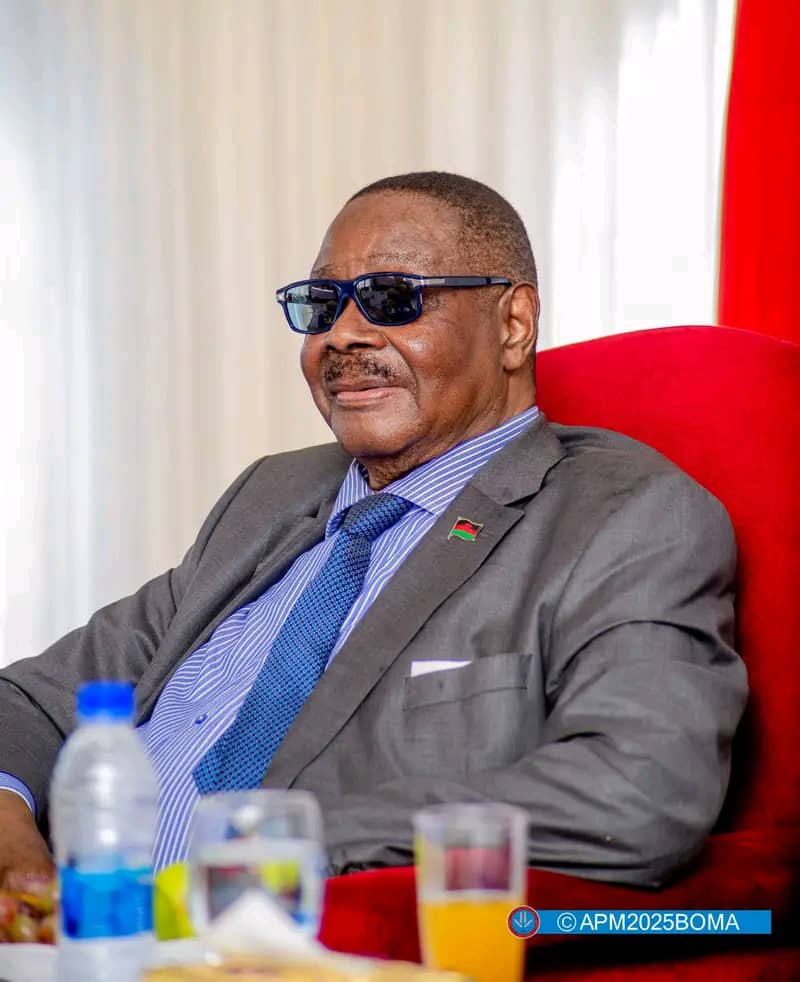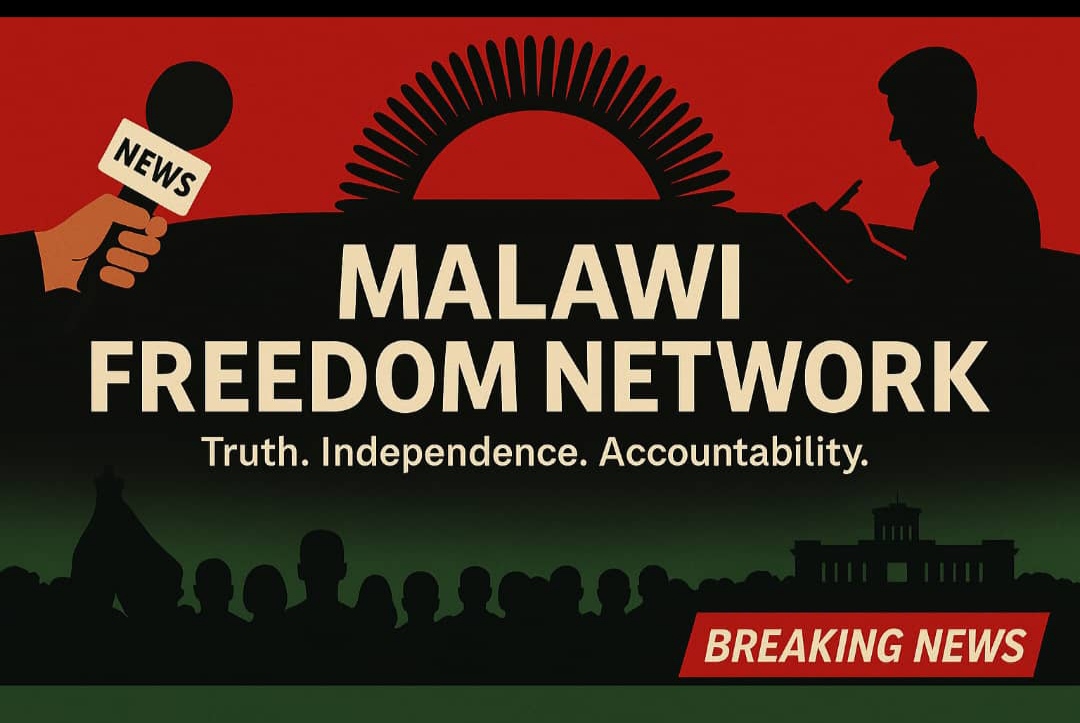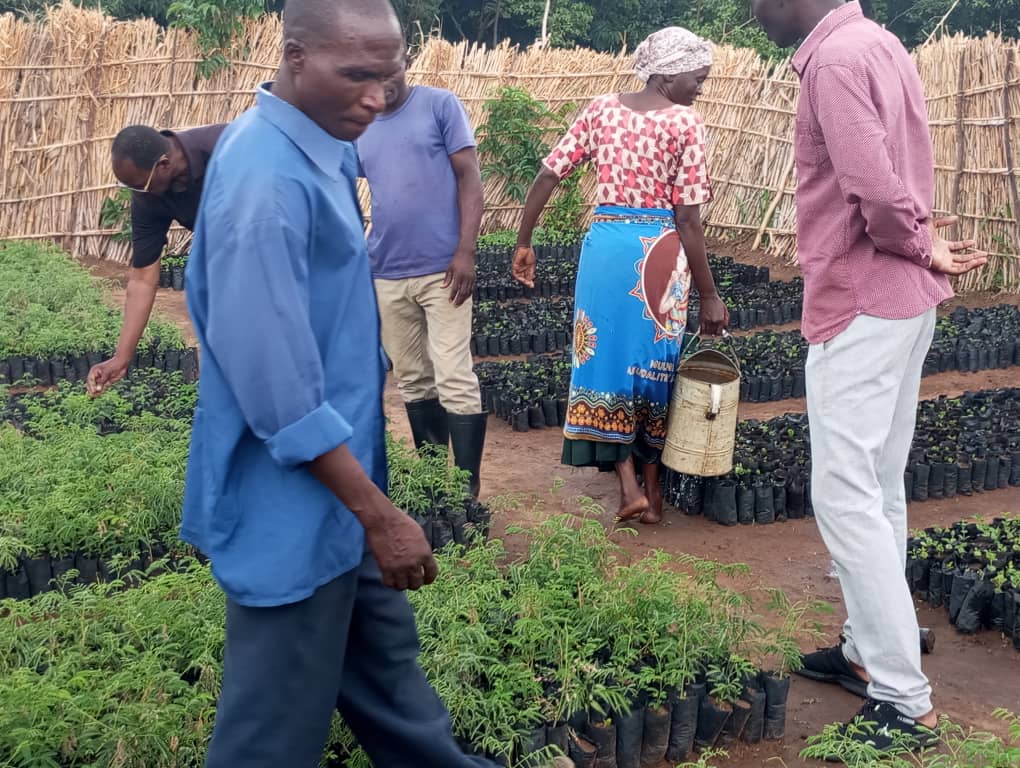By Burnett Munthali
Human Rights Defenders (HRDs) in Nkhotakota have raised concerns about the exclusion of vulnerable groups from disaster relief efforts. This was highlighted during a three-day training organized by the Centre for Civil Society Strengthening (CCSS) under the Connect, Defend, Act (CDA) project.
Akonda Bwanali, Chairperson for Sex Workers in Nkhotakota, expressed her frustration over the lack of inclusion in disaster relief programs, citing the recent assistance provided to flood survivors as an example. “We are often left out of these initiatives, yet we face the same hardships during disasters,” she said.
CCSS Project Officer Olipa Mwanza and Nkhotakota District Council’s Principal Gender Officer, Alick Munthali, commended the participants for voicing these concerns. They acknowledged that addressing such issues is critical to improving the effectiveness and inclusivity of disaster support programs in the future.
The CDA project, funded by the Norwegian Agency for Development Cooperation (NORAD) through Hivos, seeks to empower women and young human rights defenders in Nkhotakota and Mangochi districts. Through training sessions like this, the project aims to amplify the voices of marginalized groups and ensure their needs are considered in disaster management strategies.
The training also provided a platform for participants to discuss challenges affecting vulnerable populations and propose actionable solutions to enhance their protection during calamities.
With Malawi increasingly prone to climate-induced disasters, HRDs are calling for inclusive and sustainable disaster response mechanisms that leave no one behind. The issues raised during the training underline the importance of collaboration between civil society, local government, and humanitarian organizations to build resilient communities.
As the CDA project continues its work, it is hoped that such initiatives will pave the way for a more equitable and inclusive approach to disaster management in Nkhotakota and beyond.



